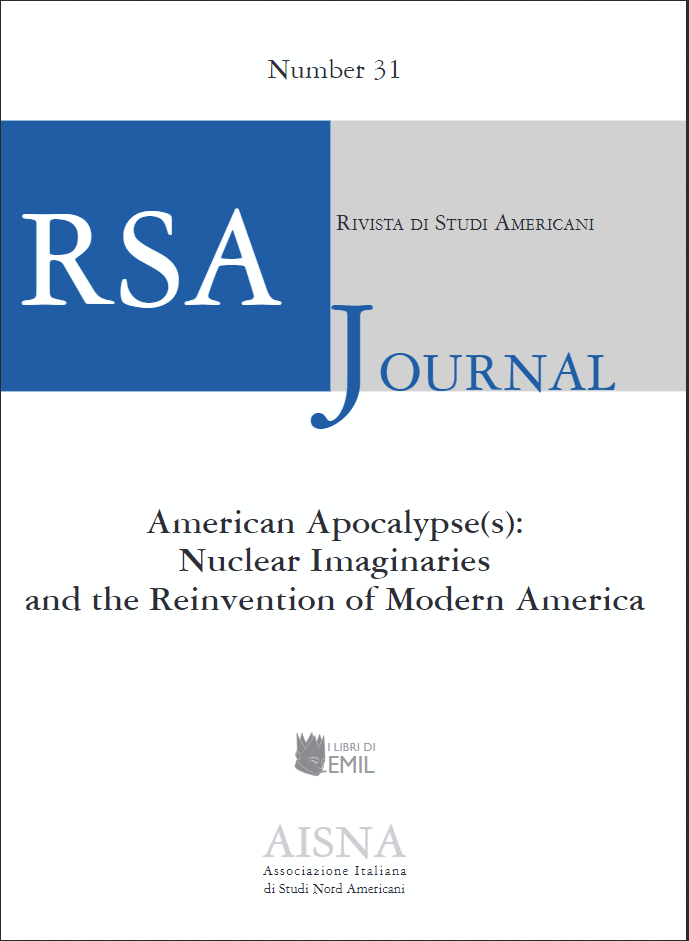Beyond the (Ka)Boom
Nostalgia, Gender and Moral Concerns in the Quality TV Series “Manhattan”
DOI:
https://doi.org/10.13135/1592-4467/8499Keywords:
nostalgia, Chernobyl, nuclear, gender, moralAbstract
2019 has seen the celebration of HBO’s nuclear disaster miniseries Chernobyl, breaking any series’ rating records. However, Chernobyl is far from the only twenty-first-century fictional TV series addressing a nuclear topic. Central to series including Jericho, 24, and The Man in the High Castle, narratives involving nuclear bombs have been booming in the widely celebrated age of Quality TV. Less well-known though are the close cultural-historic relations of television and nuclear weaponry in the United States. This article sheds light on the connection between the A-bomb and the medium of television, exposing how the two technologies historically promoted whiteness and male greatness that echo in today’s atomic nostalgia and the longing for a lost past of US nuclear power and unquestioned white, male dominance. It argues that Manhattan, a short-run period drama series telling the story of a team of scientists in the race to build the first US nuclear bomb in Los Alamos in the 1940s, differs from other nostalgic period dramas due to its critical take on questions about (toxic) masculinity and on what defines “great men” in history. The series therefore represents an exceptional case of anti-nostalgic, transgressive Quality TV in a time of regressive, polarized politics in the United States.
Downloads
Published
Issue
Section
License
RSAJournal will apply a CC BY 4.0 license to all its contributions starting with issue 37 (2026). Previous issues are licensed under a CC BY-NC-ND licence.





